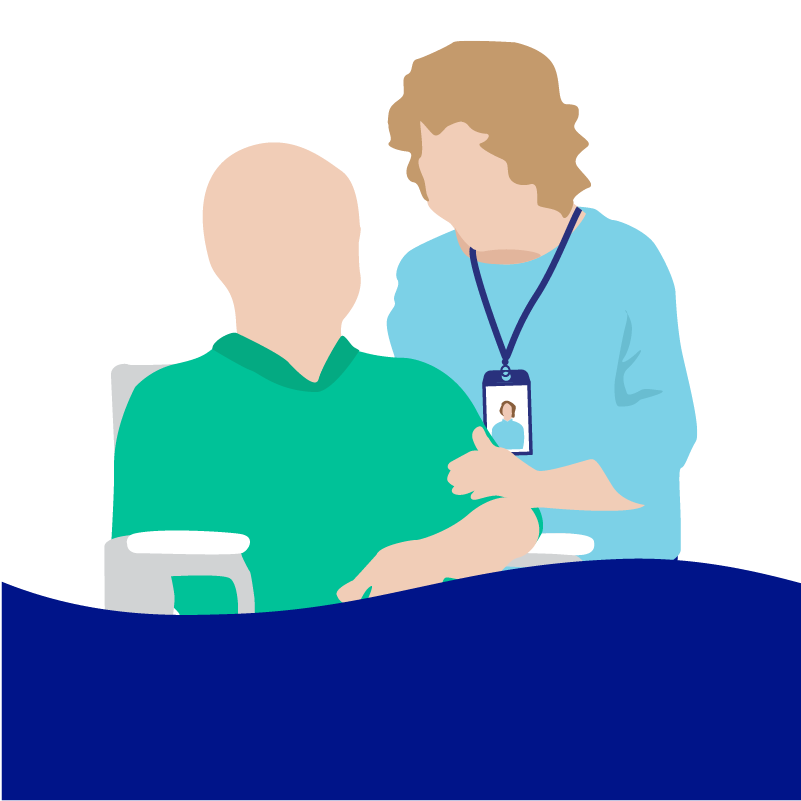You can help change the future for people with blood cancer
Help us reach the day when zero lives are lost to blood cancer.
 Anonymous just donated $53
Anonymous just donated $53 Adam Lemish just donated $33.15
Adam Lemish just donated $33.15 Anonymous just donated $33.15
Anonymous just donated $33.15 Ross McDowell just donated $27.81
Ross McDowell just donated $27.81 Celestino & Mary FLUMIANI just donated $103.72
Celestino & Mary FLUMIANI just donated $103.72 Mimma just donated $33.15
Mimma just donated $33.15 Margaret Oliver just donated $54.12
Margaret Oliver just donated $54.12 Anonymous just donated $80
Anonymous just donated $80 Silvana Agosta just donated $57.30
Silvana Agosta just donated $57.30 Tracey Formosa just donated $106.12
Tracey Formosa just donated $106.12 Anonymous just donated $4.18
Anonymous just donated $4.18 Sarah Carroll just donated $57.30
Sarah Carroll just donated $57.30 CANLEY VALE HIGH SCHOOL just donated $783.80
CANLEY VALE HIGH SCHOOL just donated $783.80 Kath Baillie just donated $106.12
Kath Baillie just donated $106.12 Anonymous just donated $3.08
Anonymous just donated $3.08 Anonymous just donated $25
Anonymous just donated $25 Brinda Talaviya just donated $114.76
Brinda Talaviya just donated $114.76 Anonymous just donated $500
Anonymous just donated $500 Craig Stewart just donated $27.81
Craig Stewart just donated $27.81 Sally Campbell just donated $263.75
Sally Campbell just donated $263.75
Your tax-deductible gift can help provide accommodation and support services to regional Australians facing blood cancer bringing life-saving diagnosis and care closer to home.
Dr Lynette Liddle's postcode made blood cancer harder.
Living in Alice Springs, Lynette, a descendant of the Arrente and Pitjantjatjara people, had seen family members and friends with cancer lose their lives because of where they lived.
Sadly, she faced a late blood cancer diagnosis after months of feeling unwell. Despite experiencing weight loss, abdominal pain and having trouble walking, it took Dr Lynette Liddle flying to Adelaide for further testing to finally be diagnosed with non-Hodgkin lymphoma, a type of blood cancer.
Lynette was forced to start life-saving treatment immediately, 1,500 kilometers away from friends and family.
Right now, where you live can affect every part of your blood cancer journey, from how long it will take you to be diagnosed to your chance of survival.
Your tax-deductible gift can help provide accommodation and support services to regional Australians like Lynette, bringing life-saving diagnosis and care closer to home.

Some ways your donation can help those living with blood cancer

Accommodation for families forced to relocate for life-saving treatment

Emotional support and information services for patients, families and carers

Groundbreaking research driving better treatments and earlier diagnoses




